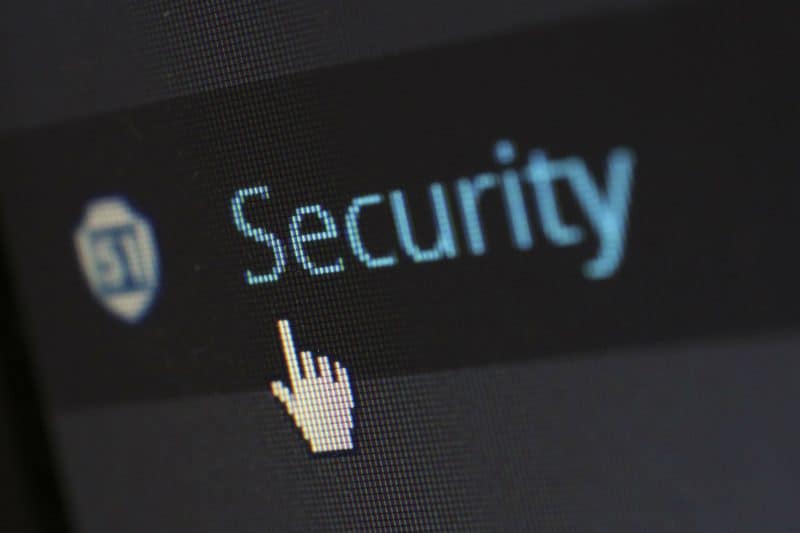The growing availability of public Wi-Fi is a huge convenience for many business users. In many urban areas, public Wi-Fi is nearly ubiquitous. You can connect to Wi-Fi at the coffee shop or train station, and suddenly you have a mobile office. Some professionals even use coffee shops as their main work places at times.
The convenience is undoubtable, but what are the risks? Nearly everyone uses public Wi-Fi, but should you and your employees?
Beware The Evil Twin
When people ask “what’s the harm of using public Wi-Fi? Can’t I trust Starbucks?”, this is what I lead with. Yes, you can probably trust Starbucks not to steal your data….if you can be sure you are really on their network at all. Hackers can easily place Wi-Fi hotspots with legitimate sounding names in popular places: for instance, “Free Airport Wi-Fi” or they can simply copy the name of a legitimate Wi-Fi network such as Starbucks. The coffee shop might tell you the name of their free Wi-Fi, and you might innocently connect to the hacker’s hotspot instead. You seem to have done everything right, but ended up right where the attacker wants you.
Once you’re connected to an attacker’s hotspot, bad things can happen. A skilled attacker can intercept your traffic, and possibly even attack your system directly if you don’t have strong security measures in place. Needless to say, this can be a major problem if you are using your laptop for business-related or other sensitive activities.
So how do you avoid falling prey to an “evil twin”? The reality is that there is no easy way to be sure. As we’ve seen, an evil twin network can have the same name as the real network, so checking the network name with the employees might not help.
Don’t Be a Victim
There are a few things you can do to lessen (though not eliminate) your risk:
- Make sure any websites you connect to are secure. Look for the “lock” symbol in the address bar of your browser. Each browser displays this slightly differently, but it should present a closed lock icon if you are using a secure site. If this lock is present, your communications with that website (and only that website) should be secure.
- Consider using your phone as a WiFi hotspot instead. Many people have unlimited data plans, and sharing your own connection to your laptop or tablet can be a safer option.
- Keep your software up-to-date. Many attackers use vulnerabilities in your software or operating system to get malware onto your system. This is especially easy if you have connected to an unsafe public WiFi network. Keeping up-to-date makes their job a little more difficult.
- Make sure you have high quality and up-to-date security software. If an attacker does manage to slip malware onto your computer, you want to catch it as quickly as possible.
- Disable file sharing when using public networks. If you don’t know how to do this, ask your IT department or consultant for help.
Consider a VPN
The above recommendations will help keep you safer, but the best way to stay safe on public WiFi is to use a VPN (Virtual Private Network). While a secure web site can keep your communications safe to a single web site, a VPN encrypts all of your traffic. If you log onto an unsafe WiFi network, a VPN will prevent the attacker from seeing any of your traffic. It’s still best to avoid unsafe networks, but a VPN can greatly reduce the risks.
There are two basic types of VPN that a business user can use:
- A commercial VPN service. This is the easiest solution, and one that some tech-inclined home users are already familiar with. You pay a VPN service for access, and usually set up an app which routes your traffic securely through their servers. This is easy and relatively inexpensive (usually a few dollars a month per user). The downside of this is that you do have to trust your VPN provider. The VPN provider can theoretically see your traffic, so do your research before selecting one.
- A Private VPN to Your Home Office: This is likely the best choice if you have an office internet connection. With this option, a secure connection routes all data from your computer (on the airport or coffee shop Wi-Fi) back to your office’s router, and then to the internet. In other words, your data should be just as secure as if you were on your office WiFi instead of the coffee shop’s.
Hopefully this has been a helpful primer on how to stay safe while using public Wi-Fi. Free Wi-Fi is a great convenience, and it can be a boon for business and personal productivity. But as always, you need to be aware and plan ahead to be safe. If you have any questions, or would like advice on setting up your business and employees for safe Wi-Fi use, feel free to contact us any time.



